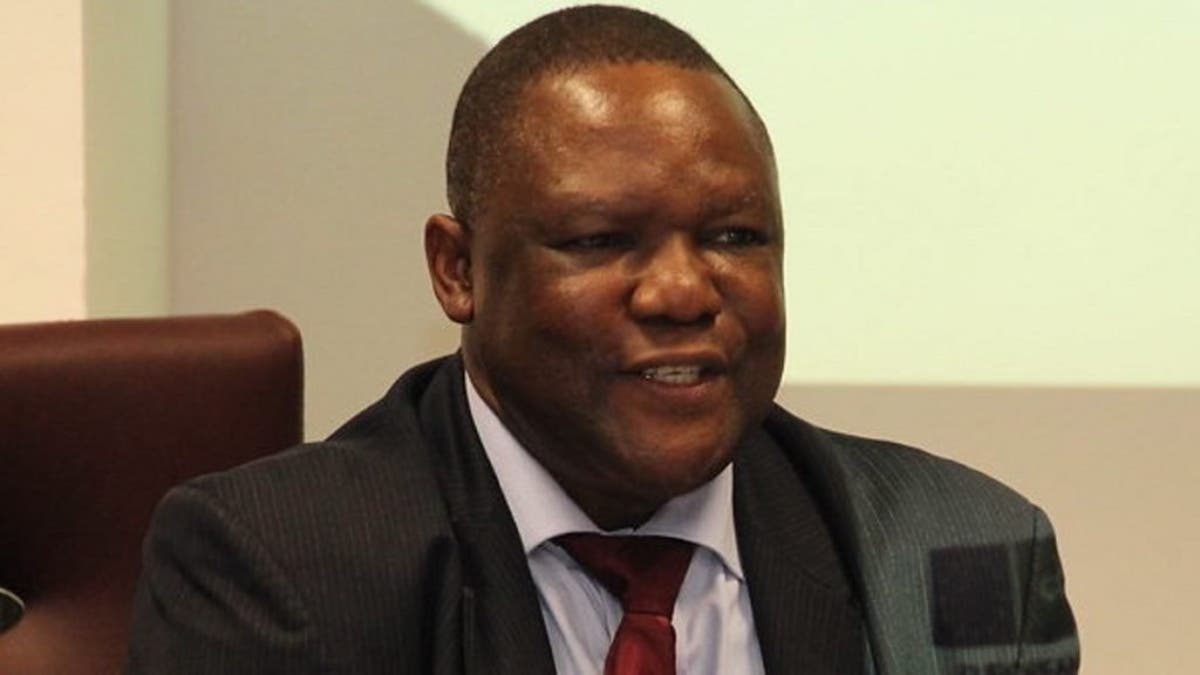If you followed discussions around the intersections of politics and economy in Nigeria in the past decade, you’ve probably come across him in the media.
His commentaries weren’t peculiarly dispassionate, especially where they bordered identity politics, and so his latest interpretation of Northern Nigeria’s security compromise wasn’t out of character. By his admission, though, Dr. Obadiah Mailafia doesn’t “talk nonsense.”
Outrageous falsehood of Mailafia
Boko Haram: Northern govs, ACF insist law must take its course on Mailafia
The former Deputy Governor of Central Bank of Nigeria, in a provocative interview on Nigeria Info FM’s Morning Crossfire programme on August 10, attributed the crises in Southern Kaduna to a historical agenda of the “Northern establishment” to decimate the Christian-dominated area.
He was, however, incoherent in identifying members of this so-called establishment, to whom he also pinned the infamous Zangon Kataf crisis of 1992. “They are not necessarily Muslims,” he said when the anchor refused to let him off that hook. This contradicted his carpeting of the northern Muslim elite in the rest of that almost hour-long interview.
What’s happening in Southern Kaduna, according to Mailafia, is an incorporation of the area into the global Jihadist network, and a continuation of the Fulani-led Jihad that began in 1804. He faulted the portrayals of conflicts in Kaduna as feuds between farmers and herders, offering that they were state-sponsored attacks to diminish Christian territories in the North, along with demographically alike Plateau and Benue states, and render the inhabitants defenceless against the imminent Jihad.
Mailafia admitted the revelations were from his privileged access and contact with ex-commanders of Boko Haram, who also informed him that a serving Northern Governor is a commander of the terrorist group. If you are struggling to catch your breath, then pause for the grenade: “The apparatus of the (Nigerian) military is behind the global Jihad.”
This profiling of the mischievously named “Northern establishment” and “military apparatus” as masterminds of the killings across the North isn’t Mailafia’s original idea. It’s an old theory adopted in simplistic analyses of crises in the region. Two years ago, T.Y. Danjuma, a former Chief of Army Staff, was the star of this conspiracy theory, when he accused the military of aiding the bandits prowling in the region.
The narrative isn’t different abroad. Sometime in 2017, during my fellowship in the U.S., I attended an event organised by the United States Institute of Peace (USIP) at their headquarters in Washington, D.C., and encountered this familiar mischief. A Black attendee bamboozled the audience with claims that the Boko Haram were a Christian-targeting cult. He was instantly schooled, and I felt him recoil as foreigners tore his thesis apart. I caught up with him during a break session and gathered he’s Nigerian. Christian. And Yoruba. He had not visited Nigeria in years. I took my time to update him on the proportion of Muslim population, comprising clerics, traditional rulers, politicians and elders like Sheikh Jaafar Mahmud Adam, Sheikh Muhammad Awwal Albani Zaria, retired General Mohammed Shuwa and Emir of Gwoza, Idrissa Timta, who were murdered by the group.
These conspiracy theories are convenient. In some cases, they are inventions of sincere desperation to make sense of the killings. This is why it’s still human to sympathise with Mailafia and others like him who’ve abandoned reason for sentiments. Nigeria defies understanding, especially for those who have faith in it, and believe it’s too resourceful to be so easily overrun by “unknown gunmen.”
But Mailafia’s attempt to rationalise his theory doesn’t seem like an innocent case of despondency. And it’s not because he boasted about his PhD from Oxford University as immunity to his fallibility as a thinker. As a former presidential candidate and, very tellingly, strategy adviser to the Middle Belt Forum, a group known for opposing representation of the region’s minority ethnic groups as northerners and fighting domination by the “Hausa-Fulani” or Muslim, it’s fair to say he’s no longer firing from that intellectual station that requires a methodologically nuanced process in deploying arguments and counterarguments to establish the synthesis of these crises.
Mailafia purposely cherrypicked his case studies like the politician he’s become, and he’s not different from conflict entrepreneurs who exploit the narratives of the region’s volatility to stoke ethnoreligious tension. It couldn’t be a coincidence that his “sources” predicted a Jihad in 2022, the year before Nigeria’s next general elections. He had to also remind us that his “kinsmen” didn’t take part in the 1966 anti-Igbo killings triggered by Nigeria’s first military coup and that the anchor’s Yoruba kinsmen would be the next target of the Jihadists. Mailafia is what politics of desperation does to you.
Intellectuals more venerated than Mailafia have been consumed by politics, for adopting bigotry as a strategy to divide and rule. The politician’s defence of his invulnerability is a framework for a new theory, that one’s public service records and affiliation to a distinguished alma mater are what it takes to never “talk nonsense.” But a theory based on one’s refusal or inability to make sense of events isn’t social science, it’s the theory of nonsense.
Nigeria is a graveyard of fancy degrees, including PhDs. I was once invited to a dinner by a foreign diplomat, and, midway through a frank conversation, she remarked that Nigerian ruling elites were soundly schooled, and she was amused that they were restless in accumulating certificates. She dismissed the outcomes rather politely when she said such education hadn’t reflected in governance.
Mailafia is an illustration of that indictment of the Nigerian system, because it’s not his Oxford degree that finally got him to start thinking, admitting he should’ve “taken more care to corroborate some of the information” he received. Even though he didn’t recant his views, perhaps to save face, it’s a good start by the SSS who’ve at least made him realise that he can’t be a licensed anarchist. Unless Nigeria strips these conflict profiteers of their seeming legal immunity after “talking nonsense” to spark a crisis, more and more Mailafias would emerge.

 Join Daily Trust WhatsApp Community For Quick Access To News and Happenings Around You.
Join Daily Trust WhatsApp Community For Quick Access To News and Happenings Around You.


